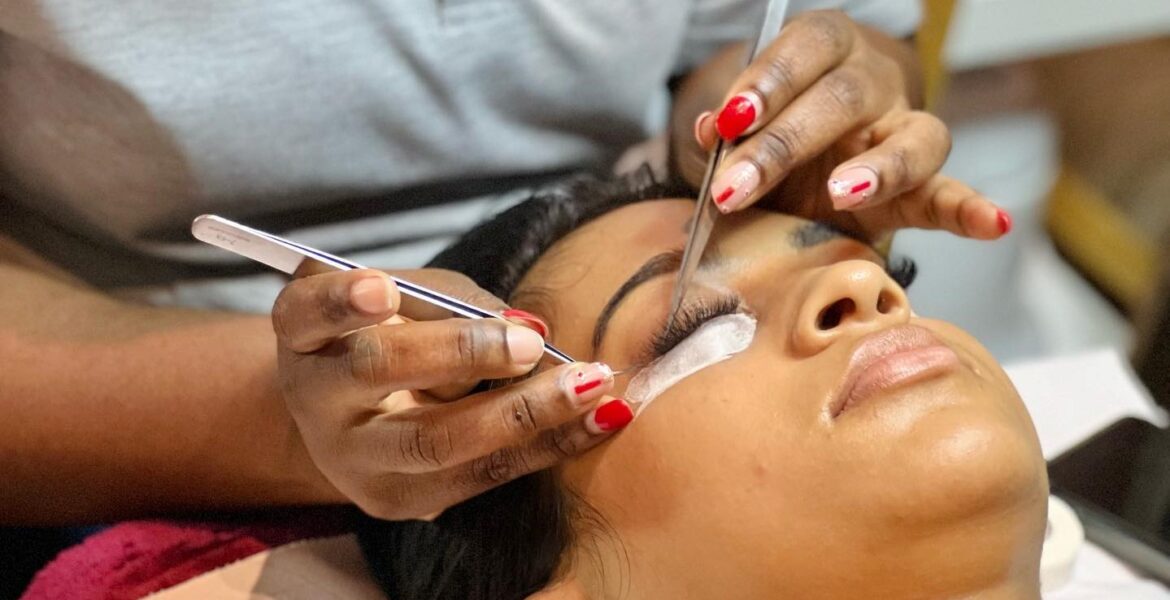Speakers underscore the need to convert passion into profit by transforming fascination into monetisation. Staff Writer GOSEGO MOTSUMI reports
The personal care and beauty market is a multi-billion dollar industry that can add to diversifying the economy.
This became a part of the thematic focus of the first Beauty Expo that was held by Miss Botswana Organisation in Gaborone last week.
The moderator of the expo Oneal Madumo noted that the African continent has the strongest influence in the global beauty and cosmetics industry and South Africa is making the most of the boom as a major player in the sub-Sahara region.
Botswana as a hub of beauty
“If South Africa – a country which we trade with – is thriving in the beauty industry, what is the missing link in our industry to diversify the economy?” the media personality queried.
Also speaking at the show, the Executive Director of Miss Botswana Organisation, Ben Raletsatsi, said the pageant is an all-encompassing story of the beauty industry because in addition to being home to the world’s most expensive diamonds, Botswana has some of the most beautiful and intelligent women in the world.
This, Raletsatsi added, cements Botswana’s status as a potential hub of Africa’s beauty industry that should be explored further.
“This first expo is all about exploring beauty in all its facets because we strongly believe that this industry is a game changer that can contribute to much-needed employment and economic diversification,” he said.
Insufficient understanding
It was pointed out that while the beauty market is one the most lucrative and diverse businesses, insufficient understanding of the industry is among factors that contribute to its stunted growth.
Fashion retailer Candy Tselayagae of Just Candi clothing store said parents are still struggling to accept that they are raising children who want to venture into the creative and beauty industries.
“It’s time for us as parents to start grooming, supporting and educating our children from a young age and to accept that it is okay to pursue craft-based careers so that it does not come to them as a shock when they are told they have to contribute at an economic level,” Tselayagae, who owns the eponymously styled Just Candi clothing store, said.
Nomsa Lukashe of Numlu Nail Bar spoke of how she had to convince her parents of her plans to go into the beauty industry. She called for Botswana’s beauty industry to be formalised so that players may benefit more and add to improving living standards.
From passion to profit
A major factor in the stagnation of the beauty industry was identified as practitioners’ failure to transform their passion for beauty into profit by monetising their fascination.
Talking about her own transition, Lukashe said she only knew how to do nails and makeup when she started. However, she invested in self-education and empowerment by learning the importance of giving quality service and running a business.
“Mentorship is often underrated, but you need to talk to people in relevant fields that will elevate you as an entrepreneur,” she asserted. “Popularity is not success. Sketch your journey, do research and be willing, intentional and purposeful about your journey.”
From DJ to businessman
One of Botswana’s successful exports to South Africa, Oneal Madumo, said when he transitioned from a DJ into an outright entrepreneur, he went online by following people he drew inspiration from.
“This way, when you open your newsfeed, it will be filled with people you would like to hear from and in turn advance you,” Madumo said. “A good idea is to follow 50 people who align with where you want to go and unfollow those you grew up with.”
DID YOU KNOW?
According to market research, the beauty industry in the Middle East and Africa was estimated at about $27.1 billion in 2018. Of this figure, South Africa alone represented $4.5 billion. Nigeria and Kenya are second and third among sub-Saharan nations, with Kenya’s market totalling more than $320 million.

